deuxhero
Arcane
Oh boy! Icewind Dale! Looks like WotC really is contractually obligated to publish a certain number of FR books a year.
I would be satisfied with a good Sigil book describing it's workings and planes and factions etc, and a good sample adventure.Planescape is coming in some form, look at all the Planar themed UAs. Planescape is one of the most popular settings in D&D, only FR is more popular. Plus it has practical value because it connected to every other setting, so it's useful to almost all of them. It's important to After lives and crossovers.
So yeah Planescape is coming.
 )
)Diversity and Dungeons & Dragons
By Wizards of the Coast/D&D Team - 06/17/2020
Dungeons & Dragons teaches that diversity is strength, for only a diverse group of adventurers can overcome the many challenges a D&D story presents. In that spirit, making D&D as welcoming and inclusive as possible has moved to the forefront of our priorities over the last six years. We’d like to share with you what we’ve been doing, and what we plan to do in the future to address legacy D&D content that does not reflect who we are today. We recognize that doing this isn’t about getting to a place where we can rest on our laurels but continuing to head in the right direction. We feel that being transparent about it is the best way to let our community help us to continue to calibrate our efforts.
One of the explicit design goals of 5th edition D&D is to depict humanity in all its beautiful diversity by depicting characters who represent an array of ethnicities, gender identities, sexual orientations, and beliefs. We want everyone to feel at home around the game table and to see positive reflections of themselves within our products. “Human” in D&D means everyone, not just fantasy versions of northern Europeans, and the D&D community is now more diverse than it’s ever been.
Throughout the 50-year history of D&D, some of the peoples in the game—orcs and drow being two of the prime examples—have been characterized as monstrous and evil, using descriptions that are painfully reminiscent of how real-world ethnic groups have been and continue to be denigrated. That’s just not right, and it’s not something we believe in. Despite our conscious efforts to the contrary, we have allowed some of those old descriptions to reappear in the game. We recognize that to live our values, we have to do an even better job in handling these issues. If we make mistakes, our priority is to make things right.
Here’s what we’re doing to improve:
And we will continue to listen to you all. We created 5th edition in conversation with the D&D community. It's a conversation that continues to this day. That's at the heart of our work—listening to the community, learning what brings you joy, and doing everything we can to provide it in every one of our books.
- We present orcs and drow in a new light in two of our most recent books, Eberron: Rising from the Last War and Explorer's Guide to Wildemount. In those books, orcs and drow are just as morally and culturally complex as other peoples. We will continue that approach in future books, portraying all the peoples of D&D in relatable ways and making it clear that they are as free as humans to decide who they are and what they do.
- When every D&D book is reprinted, we have an opportunity to correct errors that we or the broader D&D community discovered in that book. Each year, we use those opportunities to fix a variety of things, including errors in judgment. In recent reprintings of Tomb of Annihilation and Curse of Strahd, for example, we changed text that was racially insensitive. Those reprints have already been printed and will be available in the months ahead. We will continue this process, reviewing each book as it comes up for a reprint and fixing such errors where they are present.
- Later this year, we will release a product (not yet announced) that offers a way for a player to customize their character’s origin, including the option to change the ability score increases that come from being an elf, a dwarf, or one of D&D's many other playable folk. This option emphasizes that each person in the game is an individual with capabilities all their own.
- Curse of Strahd included a people known as the Vistani and featured the Vistani heroine Ezmerelda. Regrettably, their depiction echoes some stereotypes associated with the Romani people in the real world. To rectify that, we’ve not only made changes to Curse of Strahd, but in two upcoming books, we will also show—working with a Romani consultant—the Vistani in a way that doesn’t rely on reductive tropes.
- We've received valuable insights from sensitivity readers on two of our recent books. We are incorporating sensitivity readers into our creative process, and we will continue to reach out to experts in various fields to help us identify our blind spots.
- We're proactively seeking new, diverse talent to join our staff and our pool of freelance writers and artists. We’ve brought in contributors who reflect the beautiful diversity of the D&D community to work on books coming out in 2021. We're going to invest even more in this approach and add a broad range of new voices to join the chorus of D&D storytelling.
This part of our work will never end. We know that every day someone finds the courage to voice their truth, and we’re here to listen. We are eternally grateful for the ongoing dialog with the D&D community, and we look forward to continuing to improve D&D for generations to come.
Well Looks like they're droping "Race" for "Folk"
Diversity and Dungeons & Dragons
By Wizards of the Coast/D&D Team - 06/17/2020
Dungeons & Dragons teaches that diversity is strength, for only a diverse group of adventurers can overcome the many challenges a D&D story presents. In that spirit, making D&D as welcoming and inclusive as possible has moved to the forefront of our priorities over the last six years. We’d like to share with you what we’ve been doing, and what we plan to do in the future to address legacy D&D content that does not reflect who we are today. We recognize that doing this isn’t about getting to a place where we can rest on our laurels but continuing to head in the right direction. We feel that being transparent about it is the best way to let our community help us to continue to calibrate our efforts.
One of the explicit design goals of 5th edition D&D is to depict humanity in all its beautiful diversity by depicting characters who represent an array of ethnicities, gender identities, sexual orientations, and beliefs. We want everyone to feel at home around the game table and to see positive reflections of themselves within our products. “Human” in D&D means everyone, not just fantasy versions of northern Europeans, and the D&D community is now more diverse than it’s ever been.
Throughout the 50-year history of D&D, some of the peoples in the game—orcs and drow being two of the prime examples—have been characterized as monstrous and evil, using descriptions that are painfully reminiscent of how real-world ethnic groups have been and continue to be denigrated. That’s just not right, and it’s not something we believe in. Despite our conscious efforts to the contrary, we have allowed some of those old descriptions to reappear in the game. We recognize that to live our values, we have to do an even better job in handling these issues. If we make mistakes, our priority is to make things right.
Here’s what we’re doing to improve:
And we will continue to listen to you all. We created 5th edition in conversation with the D&D community. It's a conversation that continues to this day. That's at the heart of our work—listening to the community, learning what brings you joy, and doing everything we can to provide it in every one of our books.
- We present orcs and drow in a new light in two of our most recent books, Eberron: Rising from the Last War and Explorer's Guide to Wildemount. In those books, orcs and drow are just as morally and culturally complex as other peoples. We will continue that approach in future books, portraying all the peoples of D&D in relatable ways and making it clear that they are as free as humans to decide who they are and what they do.
- When every D&D book is reprinted, we have an opportunity to correct errors that we or the broader D&D community discovered in that book. Each year, we use those opportunities to fix a variety of things, including errors in judgment. In recent reprintings of Tomb of Annihilation and Curse of Strahd, for example, we changed text that was racially insensitive. Those reprints have already been printed and will be available in the months ahead. We will continue this process, reviewing each book as it comes up for a reprint and fixing such errors where they are present.
- Later this year, we will release a product (not yet announced) that offers a way for a player to customize their character’s origin, including the option to change the ability score increases that come from being an elf, a dwarf, or one of D&D's many other playable folk. This option emphasizes that each person in the game is an individual with capabilities all their own.
- Curse of Strahd included a people known as the Vistani and featured the Vistani heroine Ezmerelda. Regrettably, their depiction echoes some stereotypes associated with the Romani people in the real world. To rectify that, we’ve not only made changes to Curse of Strahd, but in two upcoming books, we will also show—working with a Romani consultant—the Vistani in a way that doesn’t rely on reductive tropes.
- We've received valuable insights from sensitivity readers on two of our recent books. We are incorporating sensitivity readers into our creative process, and we will continue to reach out to experts in various fields to help us identify our blind spots.
- We're proactively seeking new, diverse talent to join our staff and our pool of freelance writers and artists. We’ve brought in contributors who reflect the beautiful diversity of the D&D community to work on books coming out in 2021. We're going to invest even more in this approach and add a broad range of new voices to join the chorus of D&D storytelling.
This part of our work will never end. We know that every day someone finds the courage to voice their truth, and we’re here to listen. We are eternally grateful for the ongoing dialog with the D&D community, and we look forward to continuing to improve D&D for generations to come.
This just reinforces my hope we never go back Planescape or Spelljammer they're going to mess with it badly.
I just hope they don't do some nonsense of making all racial bonuses available to all races otherwise whats the point of picking dawarf vs human. Like I like settings that twist the positions of races but I appreciate having their classic descriptions so its going to suck if this means no more evil underdark drow society nor orcish raiders.
Also this opens up a can of worms for all D&D creatures now. I saw people saying what about gnolls only being evil in D&D and Crawford responding on the lines of saying they were made by a fiend and should actually be a race of fiends and not humanoids. But then we have tieflings with fiend blood or other such races are we going to have them stripped of free will or fighting for it constantly instead of just whatevers with demonic origins?
Just thank god no matter what happens I'll have my older editions to fall back too.
Well really what they're doing is creating really valuable limited racist editions of these books. Shit I didn't want to buy one before but I sure as shit do now I'll pay a hundred bucks for those babies!Rewriting books now? It seems WotC has become the Seattle branch of the Ministry of Truth.
Some Secrets are Worth Dying For
Feel the cold touch of death in this adventure for the world’s greatest roleplaying game.
In Icewind Dale, adventure is a dish best served cold.
Beneath the unyielding night sky, you stand before a towering glacier and recite an ancient rhyme, causing a crack to form in the great wall of ice. Beyond this yawning fissure, the Caves of Hunger await. And past this icy dungeon is a secret so old and terrifying that few dare speak of it. The mad wizards of the Arcane Brotherhood long to possess that which the god of winter’s wrath has so coldly preserved—as do you! What fantastic secrets and treasures are entombed in the sunless heart of the glacier, and what will their discovery mean for the denizens of Icewind Dale? Can you save Ten-Towns from the Frostmaiden’s everlasting night?
Icewind Dale: Rime of the Frostmaiden is a tale of dark terror that revisits the forlorn, flickering candlelights of civilization known as Ten-Towns and sheds light on the many bone-chilling locations that surround these frontier settlements.

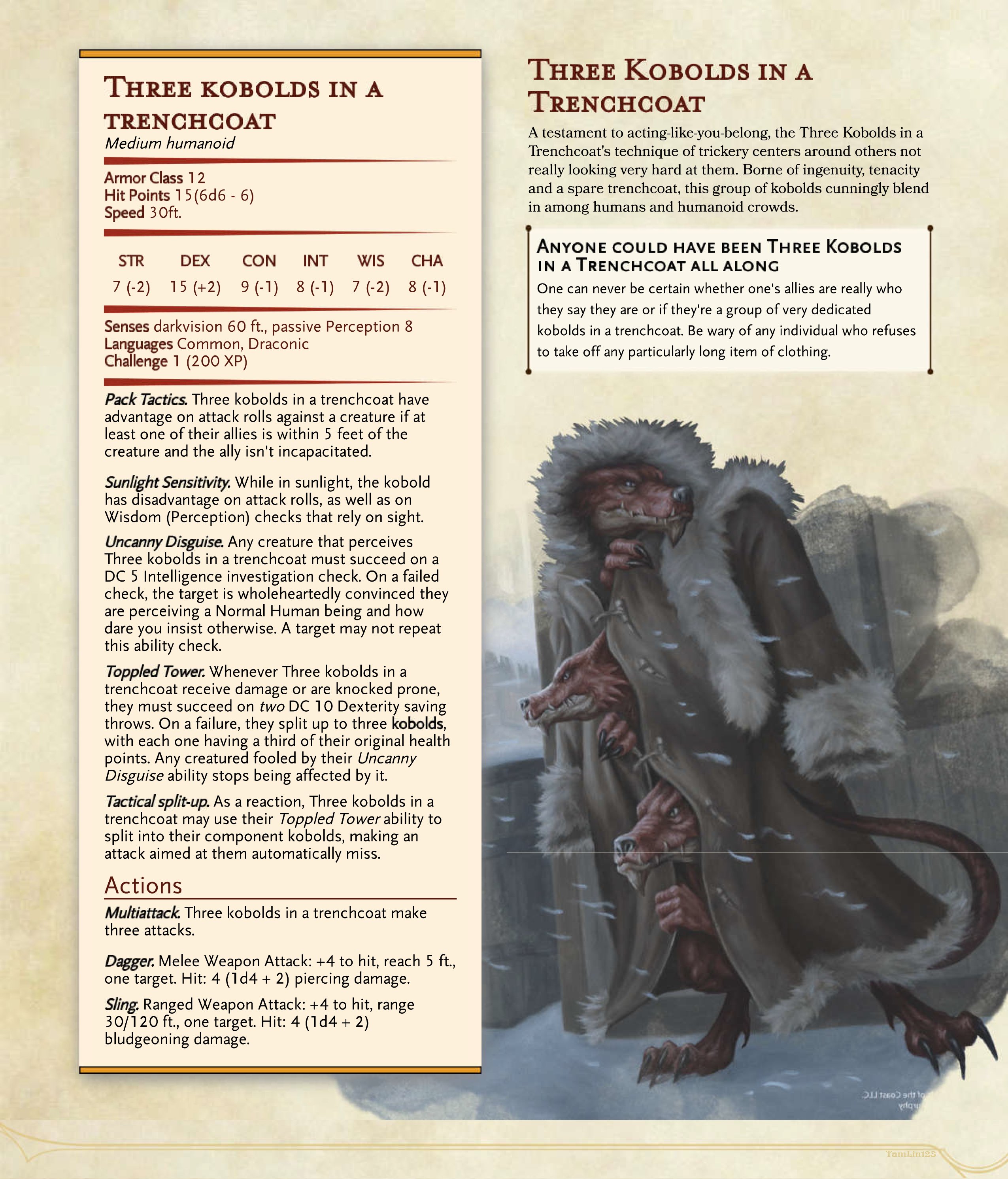
Of the orc tribes living in the mountains, the most powerful by far is the Many-Arrows tribe. Ten-Towners and Reghed nomads alike live in fear of the day when a great chieftain of the tribe will reunite the orcs of Icewind Dale and their banners descend once again from the Spine of the World. There are enclaves of Many-Arrows orcs scattered throughout the Spine of The World.
For Dark Sun no way in hell will they feel comfortable to re-introduce a setting inc which Orcs and many other races were genocided out of existence by the machinations of a mad halfing. Especially over this hoop la of how important it is for proper Orc representation.
We present orcs and drow in a new light in two of our most recent books, Eberron: Rising from the Last War and Explorer's Guide to Wildemount. In those books, orcs and drow are just as morally and culturally complex as other peoples. We will continue that approach in future books, portraying all the peoples of D&D in relatable ways and making it clear that they are as free as humans to decide who they are and what they do.

“Throughout the 50-year history of D&D, some of the peoples in the game – orcs and drow being two of the prime examples – have been characterized as monstrous and evil, using descriptions that are painfully reminiscent of how real-world ethnic groups have been and continue to be denigrated,” the new statement reads in part. “That’s just not right, and it’s not something we believe in. Despite our conscious efforts to the contrary, we have allowed some of those old descriptions to reappear in the game. We recognize that to live our values, we have to do an even better job in handling these issues. If we make mistakes, our priority is to make things right.” Going forwards, D&D will be making those things right with a six-point plan. Outside of the game itself, these include the use of sensitivity readers on upcoming and current Dungeons & Dragons sourcebooks as part of the creative process, and a commitment to “proactively seeking new, diverse talent to join our staff and our pool of freelance writers and artists,” a move already made for products set to release in the next year, but a policy being maintained going forwards.

It's so weird. I used to think these games were about adventuring and killing monsters. Apparently it's just racism and colonialism. I wonder how much xp a diverse, multi-racial hug circle is worth when you include misunderstood groups like orcs and gnolls.

their imagined audience is more of a fantasy than the game itself: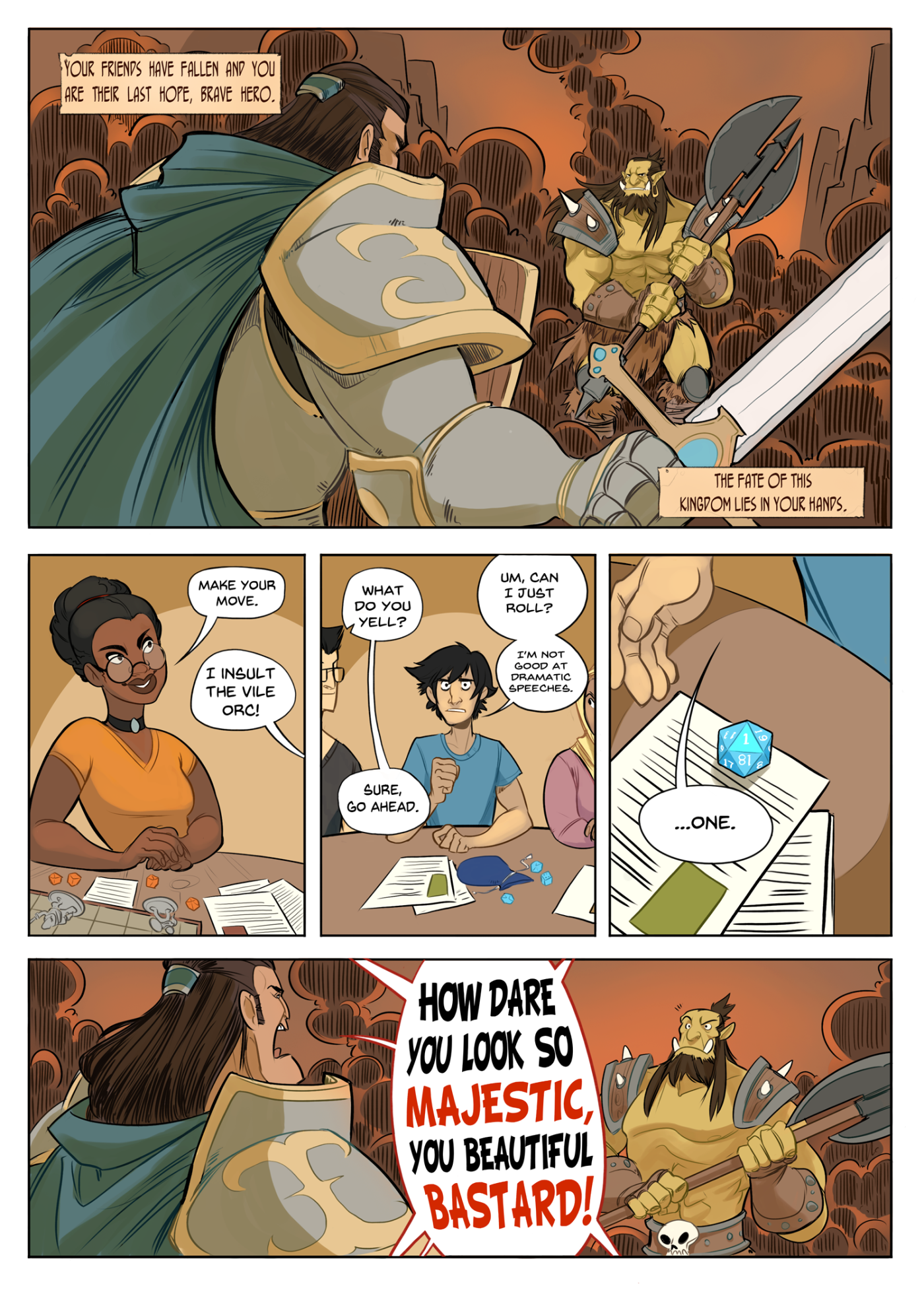
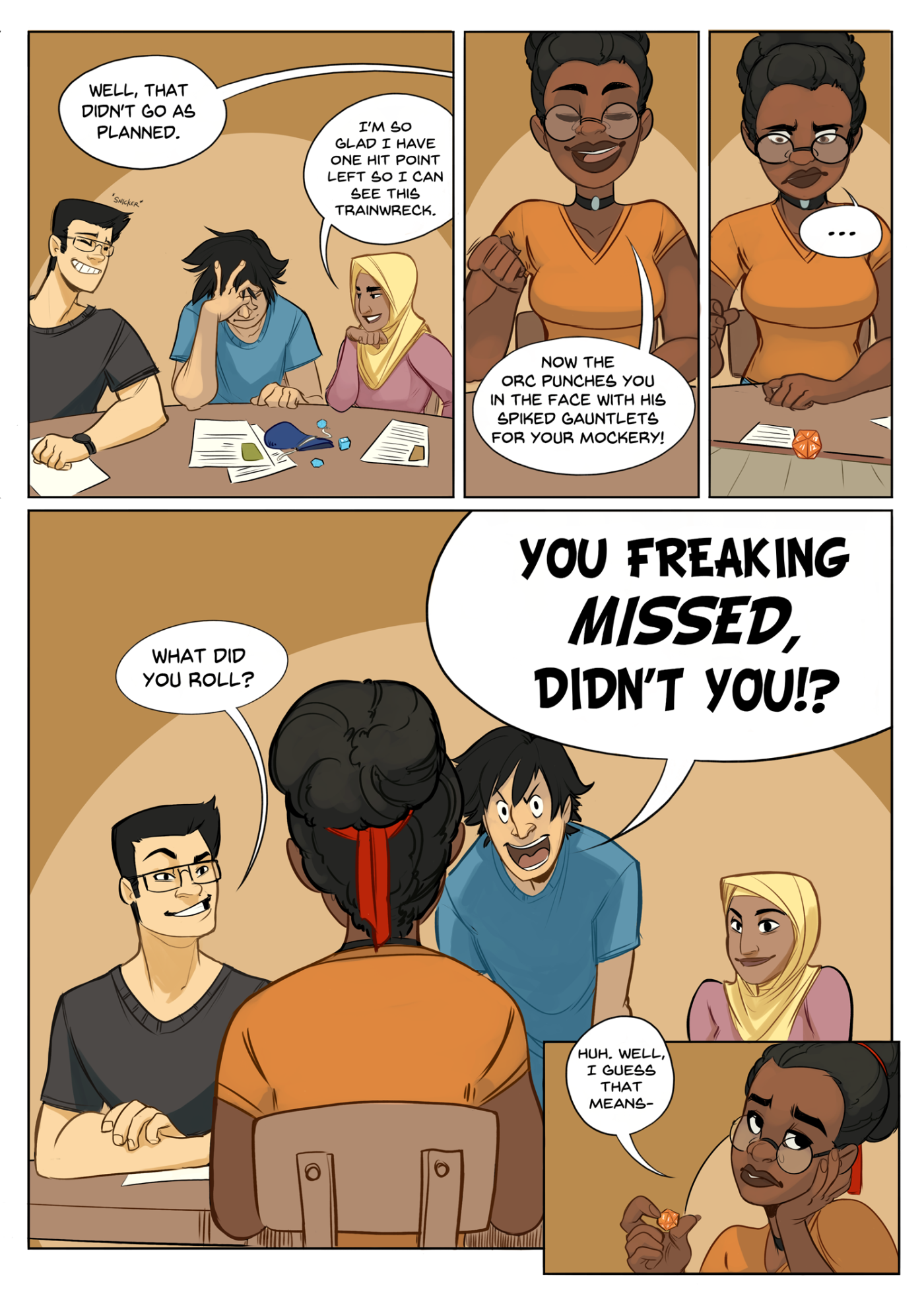
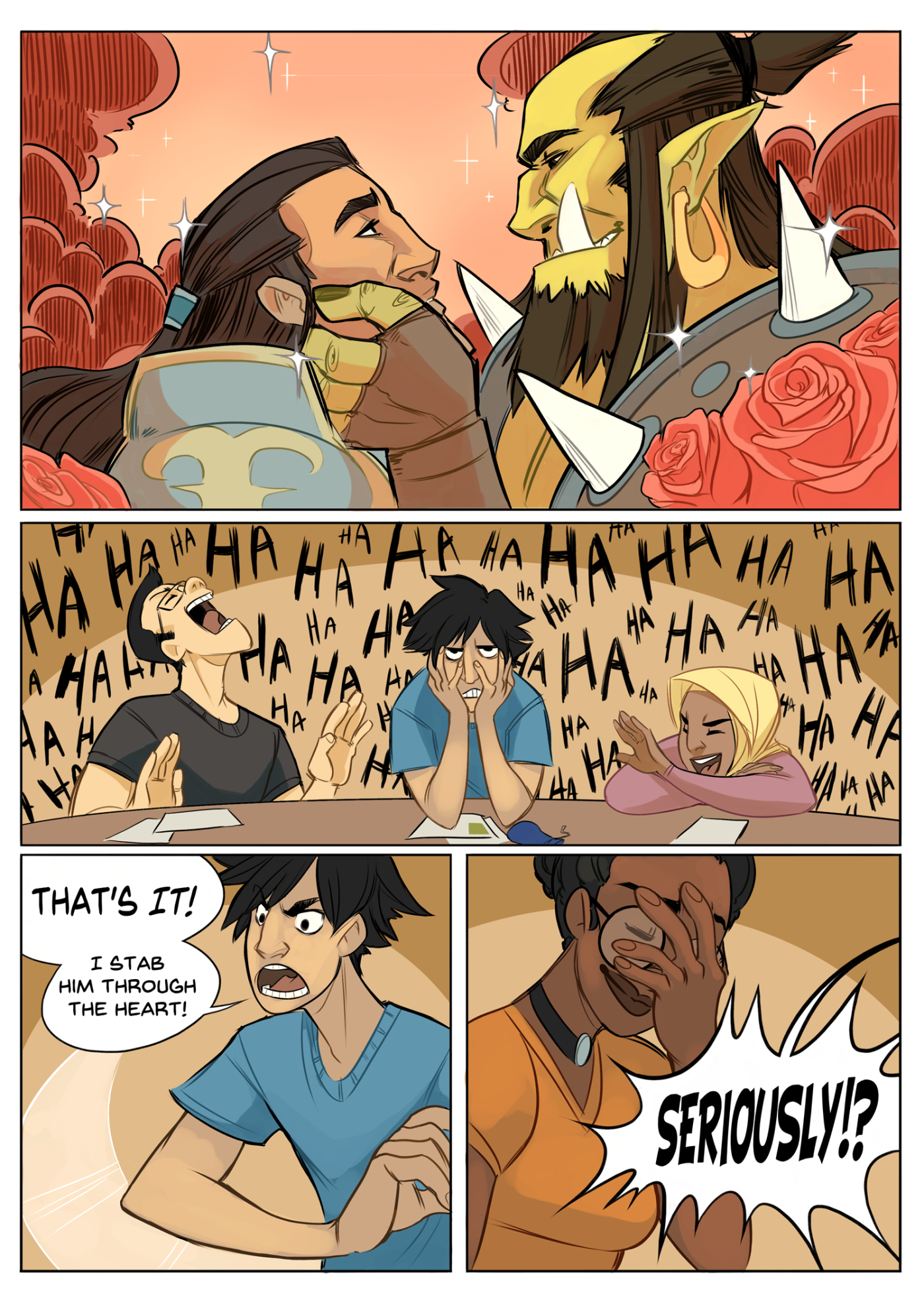
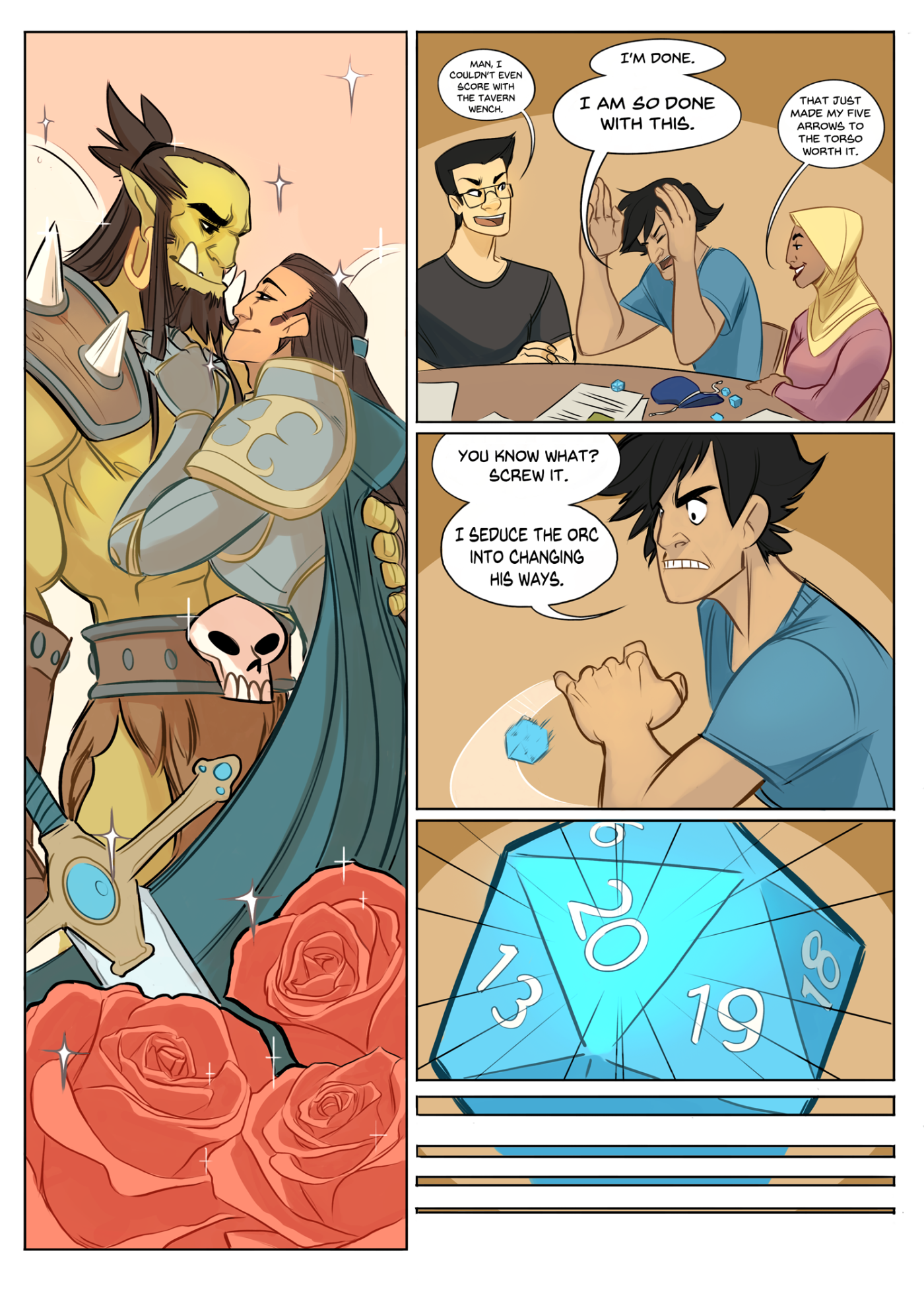
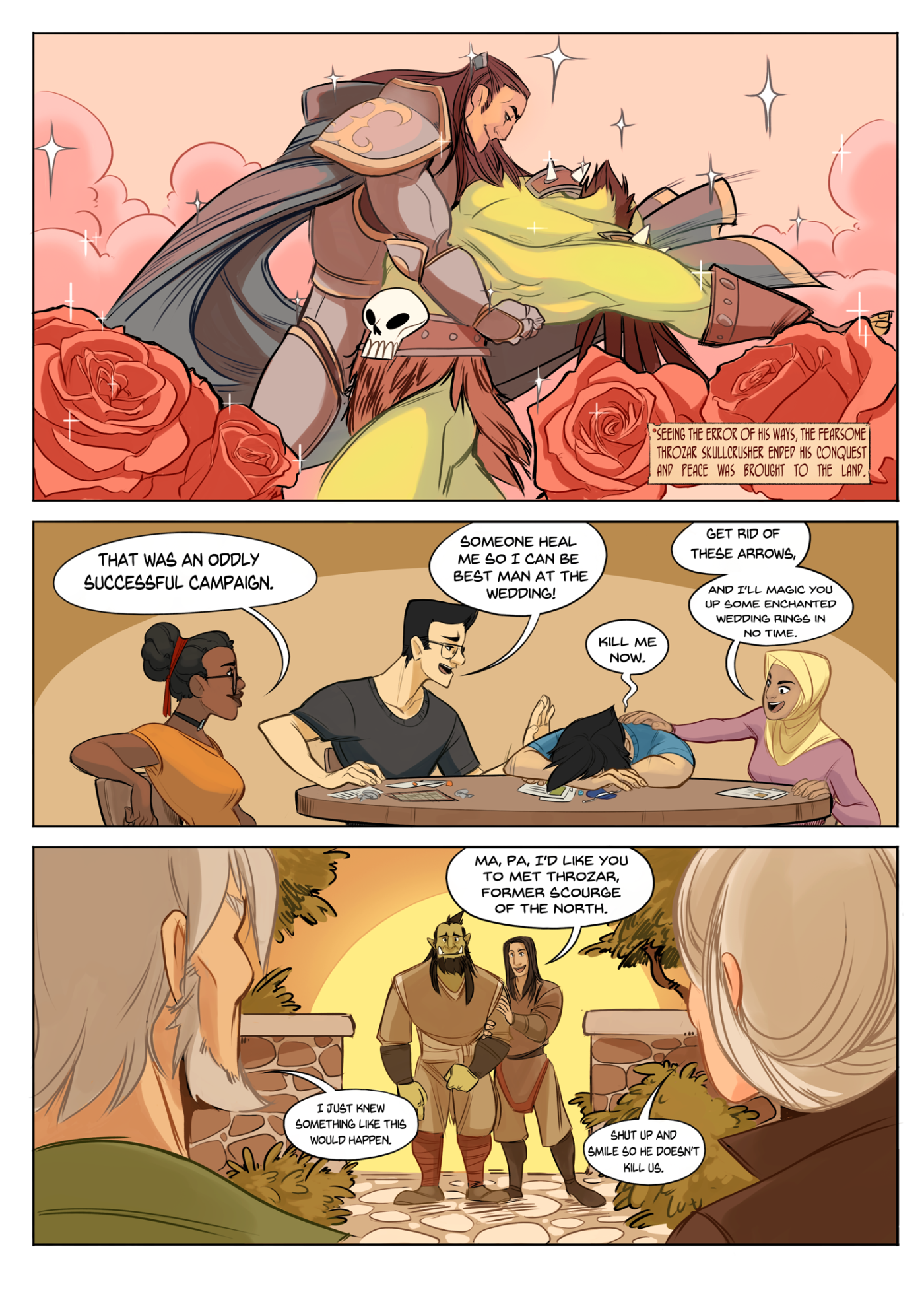
However, there are many flaws such as unclear rules for crafting magical gear which required another book to do so, races that still are collection of bonuses with no drawbacks lest snowflakes are offended and blatantly nerfed/lame magic







